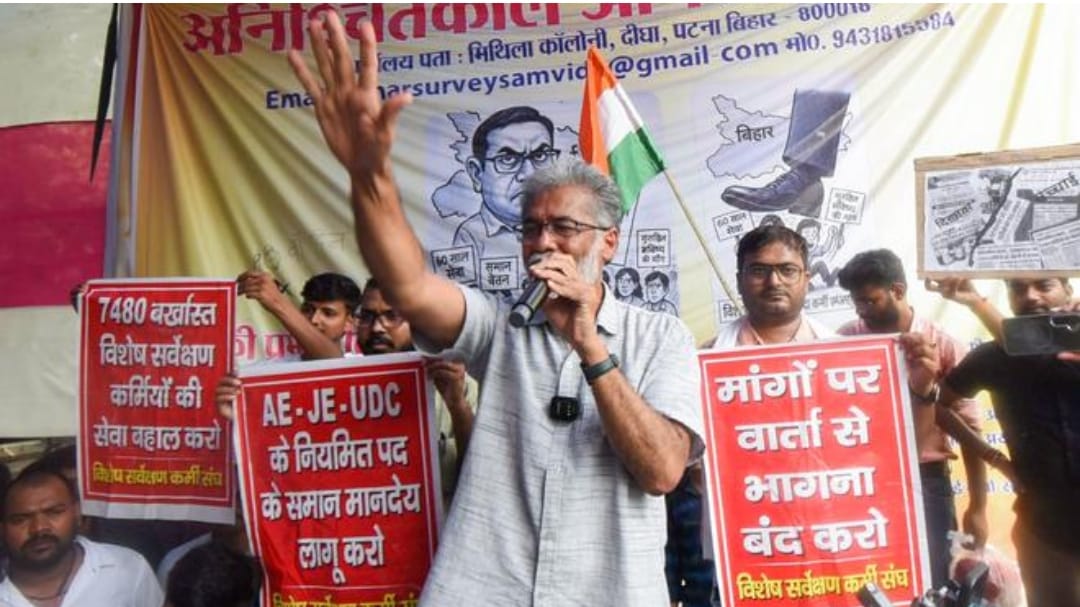The Supreme Court on Monday refused to stay the Waqf law but put on hold certain provisions of the Waqf Amendment Act, 2025. The clause requiring a person to be a practising Muslim for five years before dedicating property as Waqf has been stayed. The top court ruled that this clause will remain suspended until State Governments frame rules to determine such conditions. Pronouncing an interim order, A bench comprising Chief Justice B R Gavai and Justice Augustine George Masih said, it has considered a prima facie challenge to each of the sections and found no case was made out to stay the entire statute.
The provision allowing a government-designated officer to decide disputes on whether Waqf property encroaches on government land has also been stayed, with the court observing that executive officers cannot adjudicate citizens’ rights, as this will violate separation of powers. The court also restricted the creation of third-party rights over such disputed properties until tribunals decide the matter. The Court has also addressed the provision on the inclusion of non-Muslims in waqf bodies. The provision allowing the nomination of non-Muslim members to the Waqf Boards has not been stayed. However, the Court observed that, as far as possible, the ex officio member of the Board, should be a Muslim person.
The Court observed that for the Central Waqf Council, it shall not consist of more than 4 non-muslim members, and for State Waqf Board, not more than 3 non-Muslim members. The Court has clarified that its observations are only prima facie in nature and will not prevent parties from making further submissions challenging the validity of the Act.
Minister of Minority Affairs Kiren Rijiju welcomed the Supreme Court verdict on the Waqf Amendment Bill, describing it as a beacon of India’s parliamentary democracy. Speaking to the media in Mumbai, Rijiju noted that the Bill was passed in Parliament after the longest discussion in history and asserted that it will benefit the entire Muslim community, including poor Muslim brothers and women. He said that the government had presented all the facts and the rationale behind this Bill before the Supreme Court and lauded the apex court’s judgment as a victory for that vision.
The Congress also welcomed the Supreme Court order putting on hold several key provisions of the Waqf (Amendment) Act as a win for the constitutional values of justice, equality, and fraternity, and asserted that it goes a long way towards undoing the "mischievous intentions" underlying the original statute. Congress general secretary in-charge communications Jairam Ramesh said the Supreme Court’s order on the Waqf (Amendment) Act 2025 represents a substantial victory not just for the parties that opposed this arbitrary law in Parliament but all those members of the Joint Parliamentary Committee who submitted detailed dissent notes which were then ignored but now stand vindicated.
.jpg)
 Newsinc24 Team
Newsinc24 Team 

















Related Items
When Bihar progresses, Congress, RJD insult state: PM Modi
Congress backs invadors, anti-nationals: PM Modi
Gujarat assembly passes Jan Vishwas Bill amid opposition protests